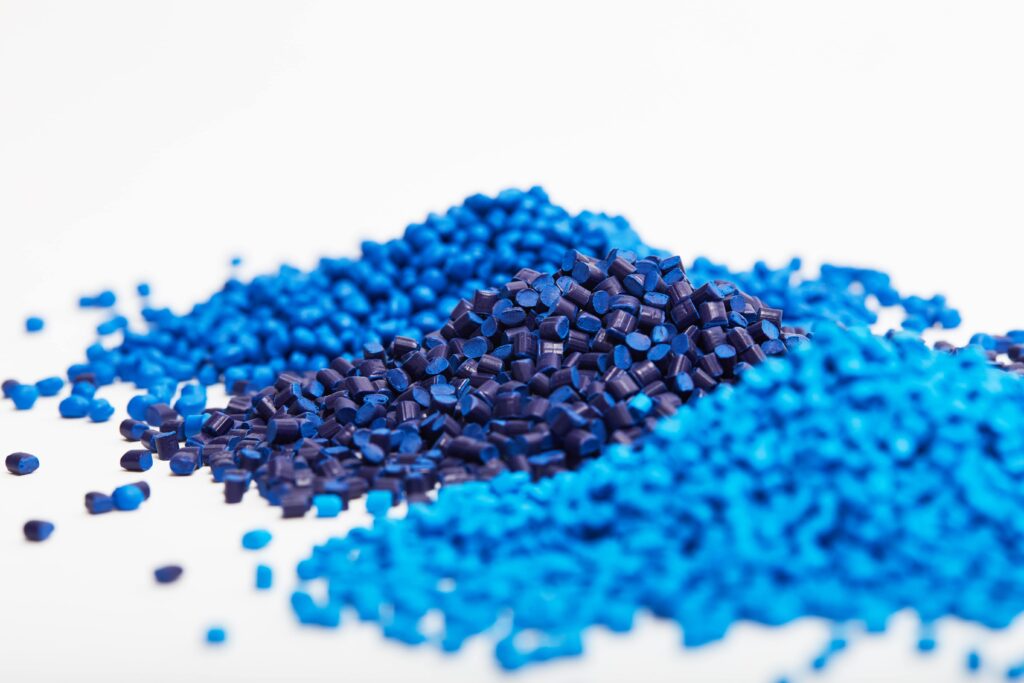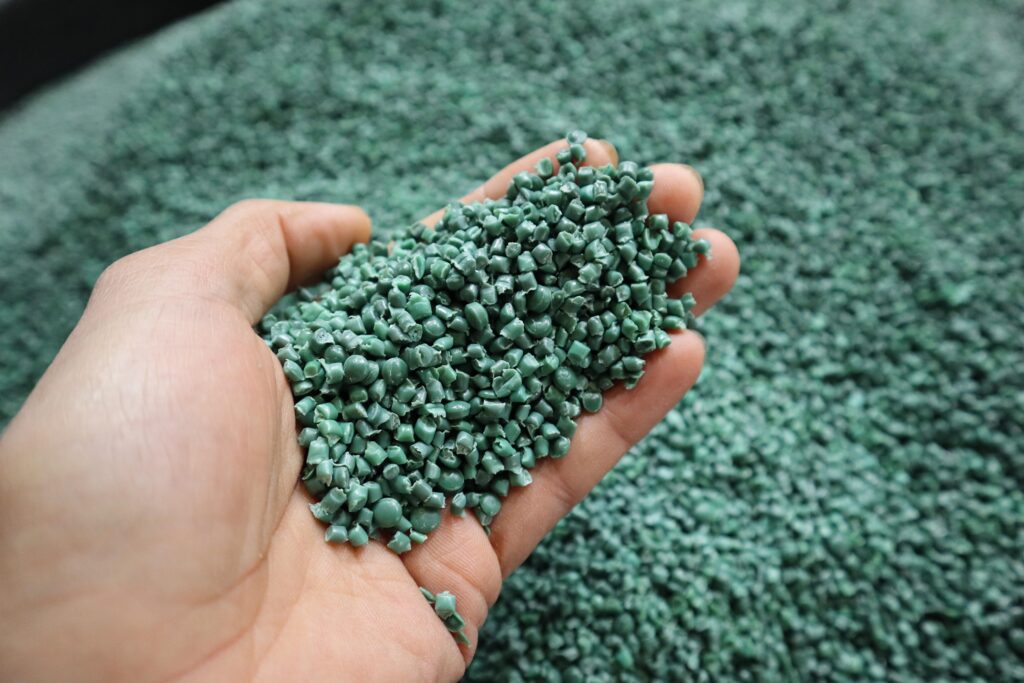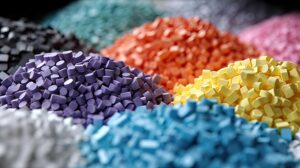Process aids are invaluable additives in the plastics manufacturing industry. They are designed to enhance the production process and improve the quality of plastic products. However, like any other manufacturing process, challenges may arise when using process aids.
Here are common issues manufacturers may encounter in the plastics manufacturing process and troubleshooting tips to overcome them. Understanding these challenges and their solutions will help ensure smooth and efficient plastics manufacturing, leading to superior products.
Issue: Poor Dispersion and Homogenization
One common problem with process aids is poor dispersion and homogenization within the polymer matrix. This can lead to uneven additive distribution and inconsistent product quality and performance.
Poor dispersion and homogenization can cause variations in the appearance of the plastic. It may result in uneven coloration or surface defects, making the product visually unappealing. Furthermore, inconsistent additive distribution can affect other properties such as thermal stability, UV resistance, or flame retardancy, leading to uneven protection or performance in different areas of the plastic.

Troubleshooting Tip:
To achieve better dispersion, consider optimizing the mixing process by adjusting temperature, shear rate, and mixing time. Additionally, choosing a compatible carrier or masterbatch for the process aid can achieve more uniform distribution.
Issue: Negative Impact on Mechanical Properties
In some cases, process aids may inadvertently affect the mechanical properties of the final plastic product. This can result in reduced strength, toughness, or elongation properties.
Additionally, process aids may interfere with the compatibility between different polymer components or additives in the formulation. This can result in phase separation or inadequate bonding, leading to a decrease in toughness or impact resistance. As a result, the plastic may become more brittle or susceptible to cracking or fracturing upon impact or stress.
Troubleshooting Tip:
Evaluate the concentration of the process aid and its compatibility with the base resin. Adjust the dosage or explore alternative process aid formulations that have minimal impact on the desired mechanical properties.
Issue: Processing Challenges
Certain process aids may create processing challenges, such as increased die build-up, melt fracture, or poor melt flow.
When process aids are added to a plastic formulation, they can interact with the processing equipment and the molten polymer in ways that create difficulties. For example, some process aids may have a tendency to stick to the surfaces of processing equipment, such as dies, resulting in increased build-up over time. This can lead to clogging, decreased flow rates, and even equipment damage if not properly addressed.
Troubleshooting Tip:
Review the processing conditions, such as temperature, pressure, and throughput rates, to ensure they are optimized for the specific process aid. Adjusting these parameters may help mitigate processing challenges.
Issue: Discoloration or Degradation
Process aids may contribute to discoloration or degradation of the plastic product, especially during high-temperature processing.

Troubleshooting Tip:
Evaluate the thermal stability of the process aid and its compatibility with the processing conditions. Consider using process aids with higher thermal stability or incorporating additional stabilizers to counteract potential degradation.
Issue: Inadequate Adhesion or Bonding
Certain process aids may negatively impact the adhesion or bonding properties of the plastic material, making it challenging to adhere to other surfaces or materials.
Troubleshooting Tip:
Test the final product’s adhesion properties and assess the process aid’s effect on bonding. Consider using a different process aid formulation or incorporating adhesion promoters to improve bonding capabilities if necessary.
The Plastic Processing Experts: Phoenix Plastics
Process aids are essential in optimizing plastics manufacturing, but they may come with unique challenges. By understanding these common issues and implementing the troubleshooting tips provided, manufacturers can overcome potential hurdles and ensure smooth and efficient plastic production.
Properly selected and well-incorporated process aids will produce high-quality plastic products that meet industry standards and customer expectations. As with any manufacturing process, continuous improvement and fine-tuning are essential to achieve optimal results and drive innovation in the plastics industry.
Need additional help with troubleshooting? Partner with Phoenix Plastics for top-notch solutions, exceptional quality, and unmatched expertise.





